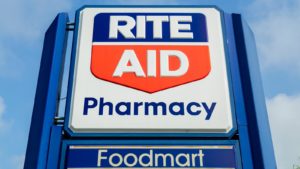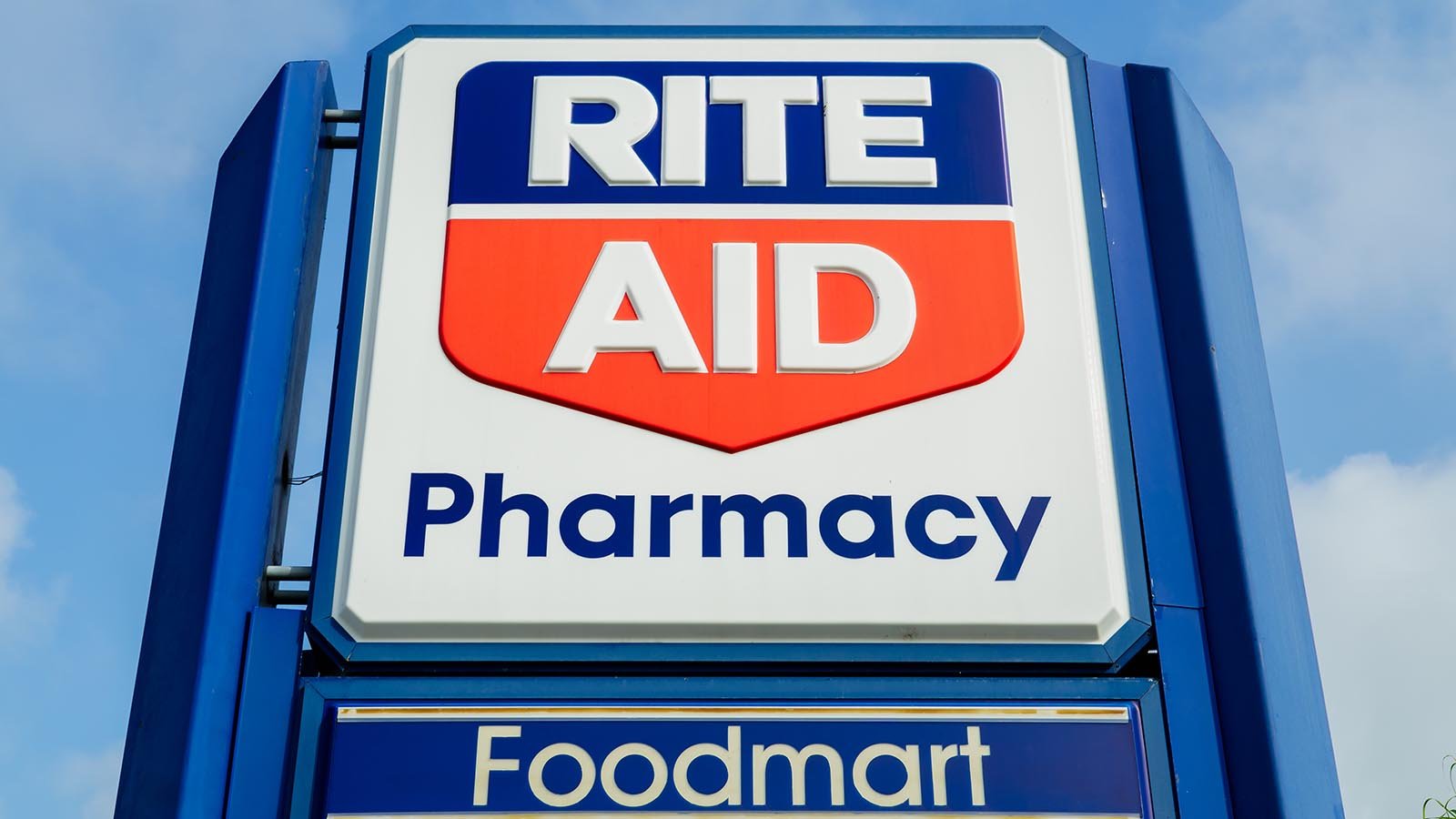Rite Aid (NYSE:RAD) is getting back to basics, and that’s paying off. The new CEO, Ms. Heyward Donigan, has cut unnecessary costs and redirected the company. RAD stock has taken off as a result.

Source: Ken Wolter / Shutterstock.com
RAD stock is up 181% in the past six months. Looking at the latest earnings report, it’s easy to see why.
For starters, the company turned a massive profit of $52.3 million, or 98 cents per share. This is compared to the prior year Q3 net loss of $17.3 million($0.33 per share).
Rite Aid Made Huge Cash Flow Improvements
Moreover, cash flow improved significantly. In the prior three quarters, the company had negative free cash flow. But Rite Aid’s latest report for the quarter ending November 30 showed the company generated a whopping $373. 3 million in free cash flow.
That was also significantly above the prior-year free cash flow. Last year Rite Aid made $319.2 million in FCF. So this year FCF was up 17%.
In addition, another measure of cash flow was up as well. Rite Aid made huge gains in earnings before interest, depreciation, taxes and amortization (EBITDA). EBITDA is like FCF except it excludes changes in working capital. It also obviously excludes interest, expenses and taxes.
Rite Aid’s “adjusted” EBITDA, which excludes some additional non-cash expenses, was $158 million this past quarter, up 10.6% from the prior year’s $142.8 million.
The CEO’s Turnaround Plan Bodes Well For RAD Stock
How did the company do this? It cut salaries, costs, closed stores and increased remaining stores’ comp sales by 1%.
Moreover, as a recent well-written article in Seeking Alpha points out, new CEO Donigan has changed the company’s focus.
Rite Aid used to be run as a sort of supermarket company by the prior management and board, who have largely been replaced. Donigan has focused the company on health plans, the core pharmacy business and massively reducing costs.
For example, the company cut its interest costs by buying back $184 million in debt for about $118 million, or 64 cents on the dollar. This helped reduced interest costs.
The company is also holding back on capex spending, helping to save cash. A retail-orientated COO was replaced with a healthcare-orientated COO. This will help the company focus on its basic pharmacy and script fulfilling business.
So far, RAD stock is applauding these moves. If the company can keep on making positive free cash flow it can continue to pay down debt and maybe eventually begin to pay a dividend.
Outlook for RAD Stock
Rite Aid’s outlook for FY 2020 ending March 31 assumes continued prescription count growth, improvements in generic drug costs and strong SG&A expense control. However, a decline in prescription reimbursement rates will hurt results.
Amazingly the company expects positive earnings per share, giving a wide range of between 13 cents to 45 cents per share.
But that would be a huge turnaround. For example, Rite Aid has already racked up losses for the year so far of $2.40 per share.
So that implies that earnings for fiscal Q4 ending March 31 will be positive by $2.53 cents per share to $2.85 per share. You can see why the stock went parabolic following the earnings release.
What Should Investors Do with RAD Stock?
Here’s how the market is likely valuing the stock. Most of the increase in Q4 earnings are expected to come from cost-cutting, not so much massive revenue increases.
So the stock will likely be valued on expected earnings of an average of thirty cents to forty cents per share, or $1.20 to $1.60 per share. At $ roughly $15 per share that puts the stock on a price-to-earnings ratio of 12.5 to 10 times earnings.
And that is a great bargain. This is especially so if the positive free cash flow keeps on flowing. So I would expect that RAD stock will do quite well going forward.
As of this writing, Mark Hake, CFA does not hold a position in any of the aforementioned securities. Mark Hake runs the Total Yield Value Guide which you can review here. The Guide focuses on high total yield value stocks. Subscribers get a two-week free trial.
